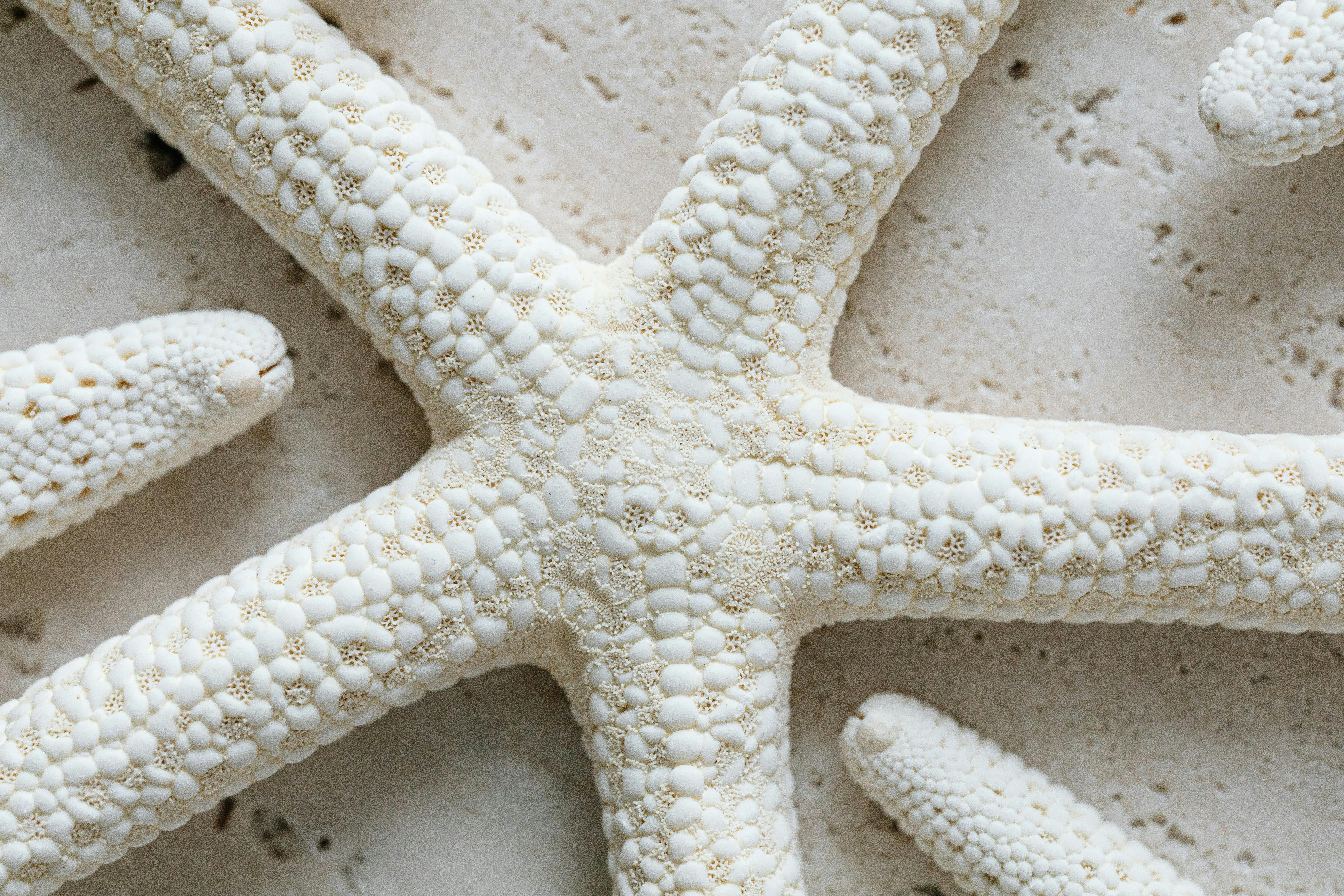Are you diabetic? Naturally your diet would be the biggest concern and now you have been constantly reminded that sugary foods are not for you. If you like sweets, that would be really a problem. So he found some sugar substitutes and used them until he read that some artificial sugar substitutes are not as safe.
If you’re looking for a natural sugar substitute, you’ve probably heard of that sweet plant called stevia. Wouldn’t it be wonderful to sweeten coffee, pastries and sandwiches again?
Stevia belongs to the sunflower family with more than one hundred species. The important species we call stevia that has the sweet leaves is scientifically called Stevia rebaudiana or simply known as stevia. Steviol glycoside phytochemicals give stevia leaves their sweetness and are 40 to 300 times sweeter than sucrose. This is not new! In Paraguay, a Latin American country, stevia has been used as a sweetener for centuries, while Japan has used stevia for decades.
By now, it is generally known that stevia extracts have many health benefits. It is extremely important for diabetics because it does not cause any hyperglycemic effect. A hyperglycemic effect means a blood glucose level that shoots through the roof, like what happens when you eat candy made with sugar. This is not an exaggeration, as clinical studies suggest that they can help diabetes.
Essentially, stevia contains very few calories which are crucial for overweight people trying to lose weight.
Scientific studies conducted by Himanshu et al entitled “Antidiabetic activity of medium polar extract of Stevia rebaudiana Bert (bertoni) leaves in alloxan-induced diabetic rats” concluded that stevia extracts produced good antidiabetic effects. Other clinical studies have shown the same. Stevia rebaudiana extract could lower blood glucose levels in experiments with diabetic rats. Therefore, it is recommended that stevia extracts are excellent for use in cough syrups and cold drinks for diabetics.
Other studies have also shown that in rats induced by diabetes, stevia has a “revitalizing effect on the β cells of the pancreas.” Beta cells are the cells that produce insulin and regulate blood sugar. If you are diabetic, have inadequate or no insulin.
Still other clinical studies have shown that stevia extracts have antibacterial and antiviral properties.
Other studies show that, in addition to its anti-diabetic effects, it is also excellent for
weightloss
high blood pressure
acidity
lower uric acid levels
tooth decay
There have also been some reports that stevia extracts are mutagenic, meaning they can cause cells to mutate into an abnormal form that can develop into cancer. In 2006, the WHO investigated the matter and concluded that stevia or its extracts are not mutagenic or genotoxic.
In Japan and other countries, stevia has been used as a sweetener for perhaps centuries. In the EU it was approved as a sweetener in 2011. While in the US, it was approved if it was labeled as a dietary supplement and not as a sweetener.
In the US, stevia as a dietary supplement is available in liquid or powder form. It took a long time for the FDA to allow it as a food additive pending some investigation into it.
Stevia is easy to use. Stevia food supplements are available in a liquid formulation. Simply add a drop or a few drops until you reach your desired sweetness. It’s great for anything when you need a sweet fix: coffee, oatmeal, soups, vegetables, appetizers, snacks, and yes, desserts! It sounds incredible! However, experts caution that, like everything else, use this herbal sweetener sparingly.
Now just think of all those artificial sugar substitutes and the ill effects of too much sucrose in your diet. Aren’t you glad you found a safe, low-calorie, all-natural sweetener that has been scientifically proven to work for your diabetes? At the same time you can fix your sweet tooth!
